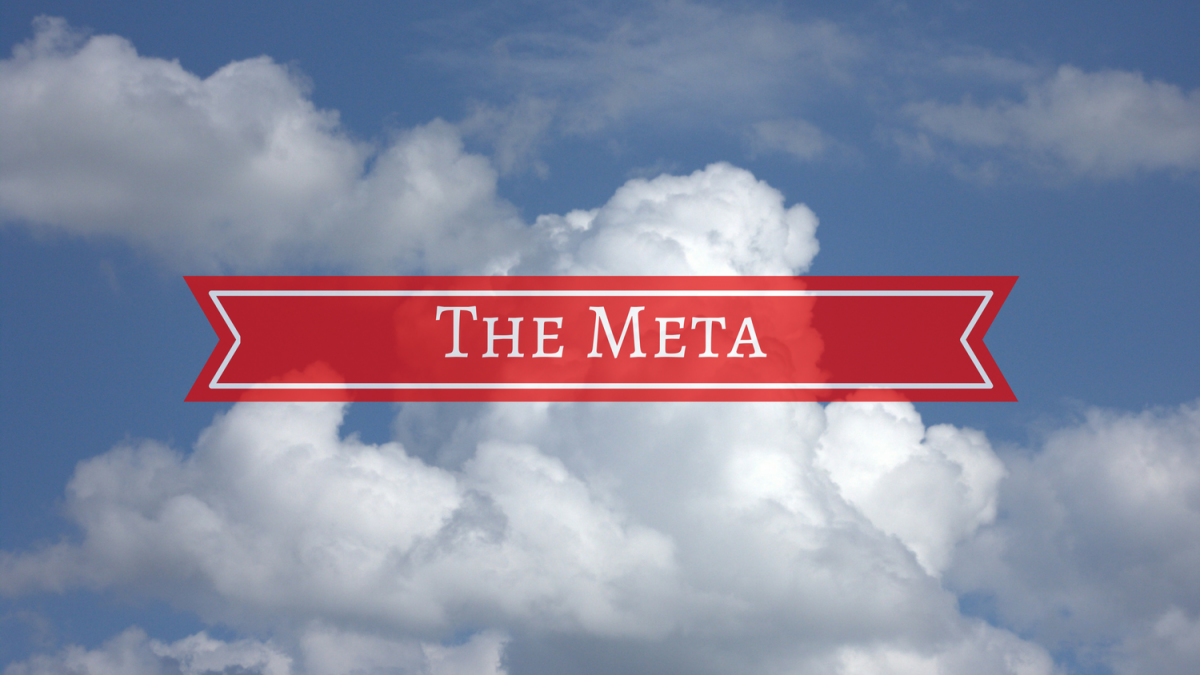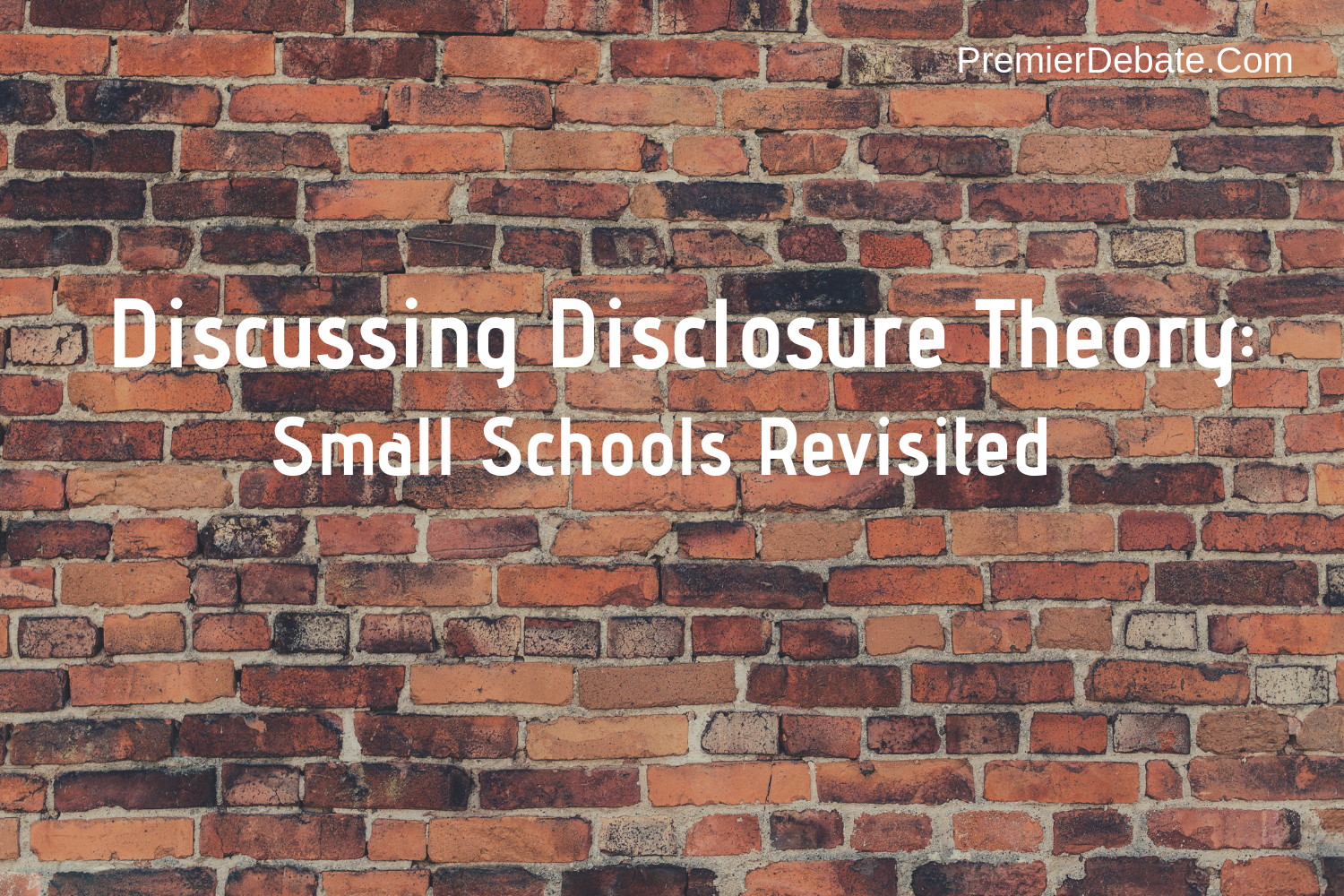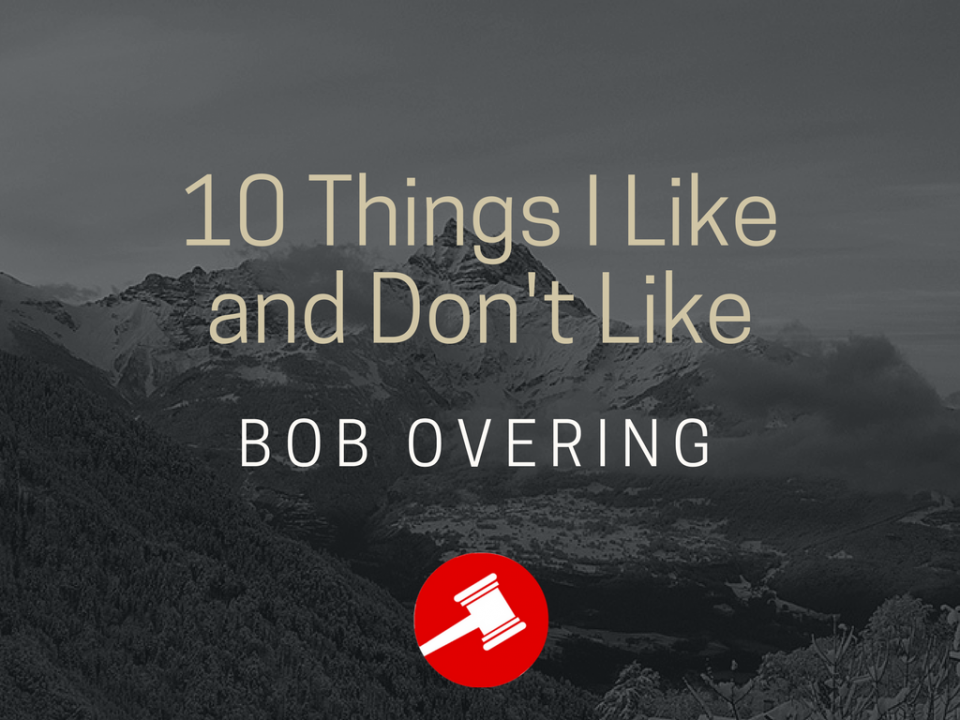A New Challenge for Truth-Testers (Bob Overing)

The Buzz Saw
Perhaps the biggest and most enduring debate in LD theory is how to conceive of the game itself – what roles do debaters, judges, and the resolution play? Are there roles? How narrow or broad can they be? And how much is up for grabs within a given debate?
One answer to these questions is “truth-testing,” which says that the game is about proving or disproving the truth of the resolution. The aff proves it true, the neg disproves it, the judge decides who did it better, and debate centers on the resolution. People in this camp tend to dislike kritiks, which decenter the resolution and usurps the judge’s role through role of the ballot and role of the judge claims. They also tend to dislike plans or otherwise parametricized advocacies, which might not logically entail the truth of the resolution. Some have even said truth-testing renders certain counterplans inoperative. These argument types are often justified by their educational value, which truth-testers say is a product of debate but not a goal for debate to maximize or even promote.
More recently, truth-testers have undermined theory and topicality too. They say that theory “is merely a framing factor for how much other arguments count as evidence of better debating” (i.e. proving the resolution true or false) and that topicality is not a voting issue because “We should not assume that the aff is committed to anything more than just the resolution.”
How far does this logic go? John Scoggin and I criticized truth-testing for failing to accommodate times when debating the resolution would be actively harmful debaters. Or when debaters use derogatory or harassing speech; its correction is more important than playing the truth-of-the-resolution game. One response is to admit exceptions, which contravenes a major strength of the view. Another response is to deny that truth-testing should have to say something about these cases. I.e., judges can decide to stop playing the game to put out a fire. This strikes me as the better reply, but I still think the more elegant solution is to say that most of the “rules,” like affirming the resolution in a truth-testy way, were up for grabs to begin with.
All of this is to demonstrate that truth-testing is a buzz saw that cuts down everything in its path: kritiks, plans, counterplans, “comparing worlds” paradigms, and perhaps even theory/topicality qua voting issues. If you think this is too much already, then you don’t need a new challenge. The old challenge — that truth-testing is simply bad because it produces uneducational and unfair debates — is still quite strong. But if you hear that truth-testing excludes most plans and enables skepticism/NIBs/a prioris and think “so what?” then you need something more. The truth-tester is happy to adopt revisions, admit exceptions, and bite the bullet on tough counter-examples, so we need a deeper critique.
The New Challenge
My new challenge is that truth-testing makes theory debate as commonly practiced incoherent; in its exclusion of education-based impacts, truth-testing cannot make sense of fairness-based impacts either. I’ll explain.
The basic idea of fairness (which I’ve explicated on this site: first with John Scoggin, then in dialogue with Marshall Thompson, and later in response to Chris Kymn) is that judges need to impartially evaluate skill displayed in a given debate, and unfairness is when that a tactic that does not reflect intrinsic debate skill compromises that evaluation. For example, if you said my reading good evidence is unfair, I would say my reading good evidence is not unfair because it tracks research ability, an intrinsic debate skill; in other words, valuing better evidence is one of the things that judges should be doing in an evidence-based debate.
Some people don’t like my use of the term “structural abuse,” and some think it’s difficult to figure out what intrinsic debate skills are. I responded to those objections here. Other than those presses, my view seems relatively uncontroversial. It really is just a new way of saying an old idea — some might even find it platitudinous.
Now, truth-testing is supposed to exclude all appeals to education, but fairness appeals are crucially reliant on claims about what skills debate should test, which sound a lot like claims about education. Take for example a negative argument for moral skepticism that says no moral statement can be true. In practice, this argument promotes philosophical debate at the expense of topic-specific debate. Now suppose the truth-tester wants to say moral skepticism is unfair. How would she go about it? On my view, she might say that it arbitrarily excludes topic-specific debate, which is a legitimate, predictable test of the negative’s research and preparation skills. But as a truth-tester, she lacks the tools to express this argument. She’d need to say that topic-specific debate is crucial to assessing the resolution’s truthiness, which has limited utility here because of course, moral skepticism does help assess the resolution: it means the resolution is false. Without appeal to the value of topic-specific debate or research and preparation, truth-testing can say little about the unfairness of excluding huge swaths of affirmative argumentation. One could imagine similar examples where the roles are reversed, and the truth-tester wants to defend the fairness of philosophy debate (or kritik debate, policy debate, theory debate, etc.) but cannot.
This is not an idiosyncratic feature of my view: any in-round appeal to fairness bottoms out in some value or goal for the activity, which truth-testing cannot accommodate.
According to proponents of the truth-testing worldview, “[e]very judge will have different value judgments… [which causes] judge intervention”; “assessment of the activity’s goals…emphasize[s] the arbitrary, subjective elements of debate”; and “[e]ducation seems too hopelessly subjective for judges to be required to vote on it.” But these value judgments, assessment of the activity’s goals, and appeals to education are inevitable features of all theory debates. The truth-tester is left with a couple of unappealing options. One is to concede that theory debate as currently practiced is entirely wrongheaded. I.e., truth-testing eliminates theory. This option is unsurprising to many truth-testing debaters as they’ve utilized this trick for years. What differentiates my argument here from the in-round trick is that I’ve argued that truth-testing not only permits but mandates the conclusion, and I assert that this conclusion is wildly implausible. If true, it would mean judges are wrong to allow theory arguments as a jurisdictional matter and that “truth-testing takes out theory” is a knockdown response. I’m aware that some truth-testers do in fact hold this view, but I suspect most of them don’t because it fits very poorly with contemporary theory practices.
A second option is to say that the concept of LD debate, its formal rules, license inferences about what skills are valuable such that fairness appeals are possible within a truth-testing worldview. This move would strongly depart from what truth-testers have argued over the years and severely weakens their appeals to the arbitrary, interventionist, and subjective character of education. Further, it’s unlikely that the mere concept of LD debate could lead us to binding, constitutive rules dictating the proper tests of skill, which is what the truth-testers need and want. All of the empirical evidence that John Scoggin and I cited (argument trends, argument cycles, and judge deference) militates against this strong conceptual approach, as do our shmagency-style objection and many other arguments in that article.
Perhaps there is a third option for truth-testing that I haven’t considered. At the very least, my present challenge to truth-testers can be construed as a call for clarity. What is or isn’t included by the view, and what does fairness mean to a truth-tester? How do we know that NIBs/a prioris are unfair? And if they’re not, what is unfair? I hope my treatment of truth-testing is charitable, but I can’t know that until it’s spelled out beyond “well, judges are referees and need to enforce the rules.” Okay, but what else?
Conclusion
I like what Eric Palmer said ten years ago this month: “At root, debate is a social practice which is constituted by the norms we choose.” This resonates with what John Scoggin and I, Ben Koh, Rebar Niemi, and many others have said about LD debate over the past three seasons. The easy answer is that debate is many things, not one thing, and it changes over time. Contemporary theory practices reflect that better than truth-testing.



2 Comments
Bob, you say, “More recently, truth-testers have undermined theory and topicality too. They say that theory ‘is merely a framing factor for how much other arguments count as evidence of better debating’ (i.e. proving the resolution true or false) and that topicality is not a voting issue because ‘We should not assume that the aff is committed to anything more than just the resolution.’”
The first quote is from an article I wrote. That article is not a defense of truth-testing, I’m not sure why you insinuate that I advocate truth-testing, and your parenthetical explanation of the quote is wrong. The article gives explicit examples where what counts as evidence is broader than proving the resolution true or false:
1) Kritiks of offensive rhetoric don’t prove the resolution true or false, but count (for me) as evidence against better debating: “For example, a Kritik of offensive rhetoric supported by a role of the ballot claims the discourse of the other debater is stronger evidence against the other debater’s better debating than any other part of his/her performance.”
2) I say that education standards like “real world education” can serve as framing for better debating, as it does in the theory argument “must read a plan”: “This argument essentially says that real world policymaking is an essential element in doing the ‘better’ debating, and thus the affirmative’s advocacy is insufficient to warrant the ballot.”
My account of theory includes education impacts, but you claim truth-testing excludes education impacts, so my view can’t be truth-testing.
So please don’t quote my article as an explication of truth-testing, since I think that encourages a hasty misreading of what I wrote. There are plenty of other actual defenses of truth-testing to quote instead.
If you are not a truth-tester, then I should not have called you one, but I do think your view on theory shares some affinities with truth-testing and is a boon to truth-testers.
You say “[s]ince theory is weighing, not a rule, it can be evaluated in the same way as other arguments,” but what are the rules, on your view? If the resolution is one of them, that seems a heck of a lot like truth-testing, even if your brand is more permissive than others.